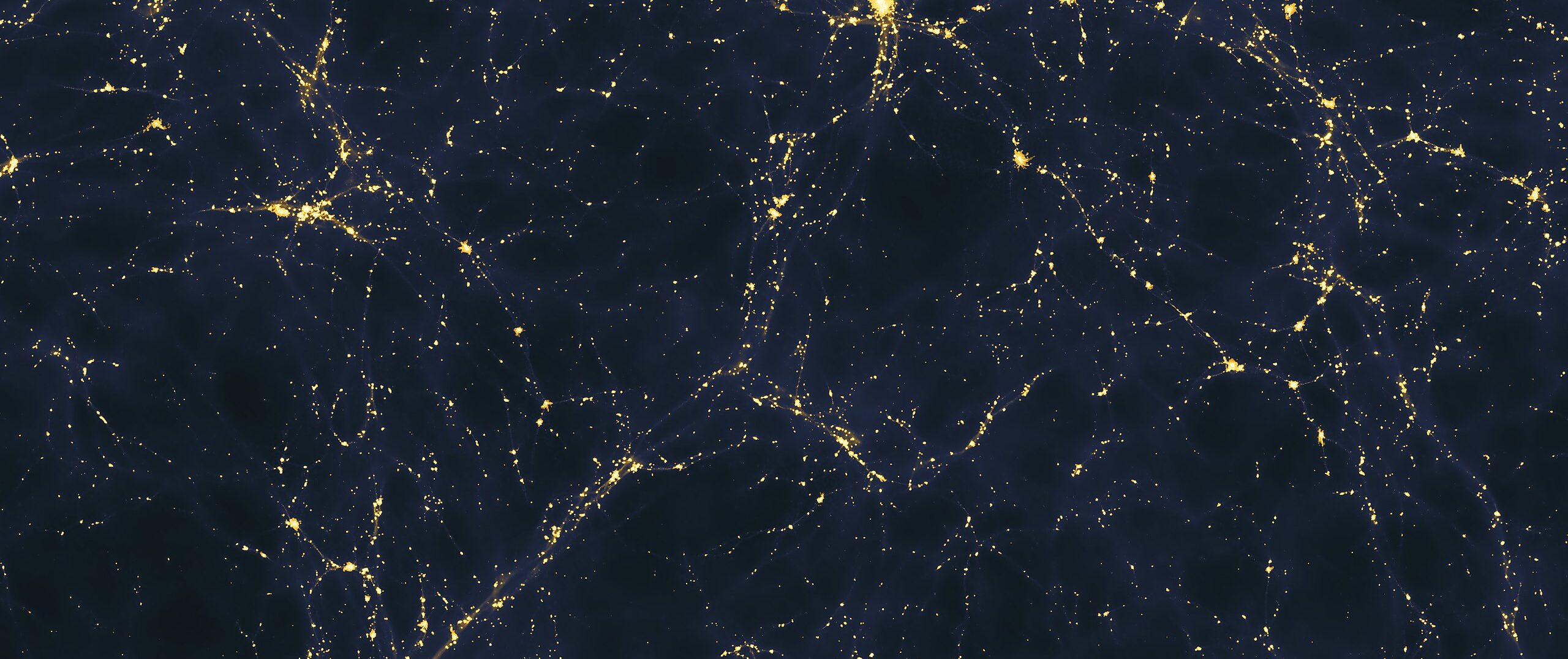
Webinar recorded on November 30, 2023
Genetically Modified Galaxies
Computer simulations of the universe have been in common use since the 1980s, and are now a vital tool in helping us interpret data from increasingly powerful telescopes. Amongst other things, simulations have helped establish the case for dark matter and dark energy, and have been key to creating a broad consensus around the idea that galaxies start small and grow over time through merging. The speaker reviews in outline how these simulations work, and highlight that a key difficulty in understanding their results is to untangle cause and effect. For example, the observed diversity of different galaxy sizes, shapes and colours can be reproduced in a statistical sense, but there is still considerable uncertainty around which causal processes give rise to this diversity. The speaker explains how exerting careful experimentation with the initial conditions for our simulations, which represent conditions shortly after the ‘big bang’, we can start to address these uncertainties. We call this technique ‘genetic modification’, since it loosely corresponds to controlling the genes of our virtual galaxies, to see how the galaxies mature and develop in response. This in turn helps to build a more complete physical picture of how galaxies mature over time, with carefully quantified uncertainties. The speaker discusses how such efforts are vital to making sense of new observations from cutting-edge and future facilities like Gaia, JWST, ELT, SKA and LISA.

